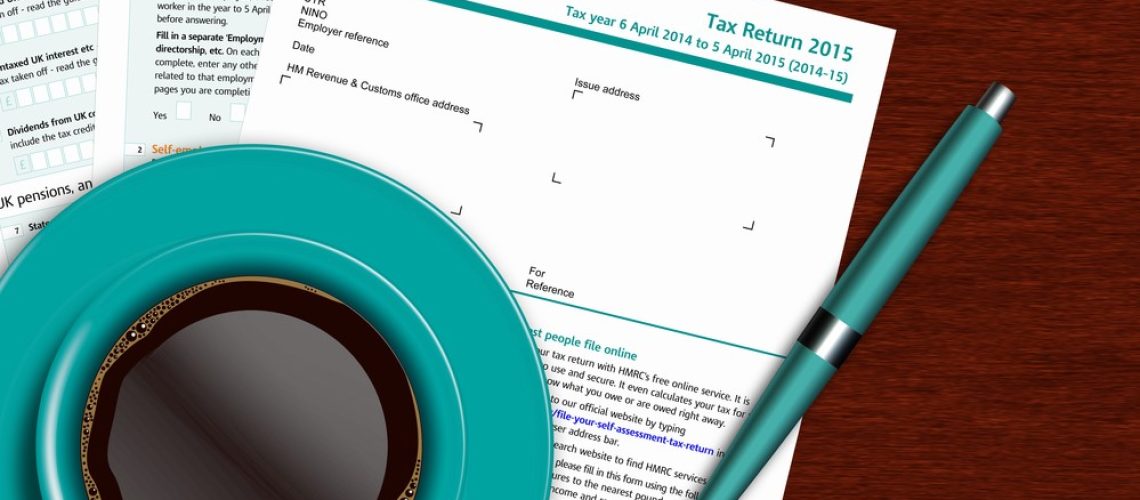Reflecting on the past year, we find ourselves wondering who exactly do HMRC exist for, who are their ‘customers’? The answer is of course everyone.
According to google HMRC is responsible for administering and collecting taxes, implementing customs and excise regulations, and overseeing certain state support. Their biggest customer segment is individual taxpayers (us), followed by businesses, employers, international trade, landlords, and benefit recipients.
Where do contractors, temps and self-employed fit?
Given that at least 20% of us choose not to be permanently employed, we are a very large minority (if that’s even possible) – so why then do I feel that we are constantly overlooked? On some level HMRC seem highly suspicious of anyone choosing not to be an employee, seeming to believe that it’s all about tax dodging, yet on the other hand they seem to forget about us entirely!
Disappearing support
Let’s look at the facts. Earlier this year HMRC announced that they would be closing the self-assessment helpline for 3 months – at precisely the time when self-employed people wanting to make a payment before the 31 July 2023 deadline would need support. There was no notice of the decision, no consultation, and no redress.
Incredibly, and insultingly, they are doing it again! Right now, in the run up to the self-assessment deadline (31 January 2024), i.e. HMRC’s busiest time of year, there will be no helpline support provided! Again, this is a complete disregard of HMRC’s self-employed ‘customers’ who are presumably were less important than other customers.
Budgets and Autumn Statements
There has been very little positive from any Chancellor’s Budgets and Autumn Statements in recent years. This year more than half of us have considered side hustles to help make ends meet and successive Chancellors missed an opportunity to have a real impact. We have repeatedly campaigned for the trading allowance to be reviewed as the threshold at which tax is due on miscellaneous income is just £1000. Increasing this would have been a smart move and help those most in need to keep more of their hard earned cash.
Off-payroll and IR35
There does seem to be a inherent perception in HMRC that we are all tax avoiders. You only have to look at IR35 and off-payroll legislation which are predicated on self-employed people not being genuinely self-employed, but choosing to work in this way in order to pay less tax. Which is blatantly untrue as the government’s own research and evidence indicates just 1% of self-employed people perceive tax benefits as the main advantage compared to being an employee.
Yet despite this, HMRC brought in complicated off-payroll reforms in recent years, which they estimate has cost businesses “£90 million to £230 million” to implement. How on earth can this be justified? Again, I wonder who are their customers in this instance? Certainly not individual taxpayers nor businesses.
Loan charge
In case you aren’t familiar with it, the Loan Charge is a horrific policy which makes individuals liable for huge life-changing (often 6-figure) sums owed to HMRC often due to the mis-selling of tax schemes. You would think that the masterminds who create the schemes would be held accountable for unpaid taxes, but no, in this case it is the innocent who are doggedly pursued for debts they knew nothing about.
Unbelievably and tragically this policy has been linked with ten suicides. One is too many, TEN is simply unforgiveable.
When we posted about this on LinkedIn recently, there was a discussion about how much autonomy HMRC has and who they are accountable to. There is a general feeling that although HMRC are answerable to parliament (and ultimately all us voters) they are untouchable in practice, getting away with being incompetent and above the law.
Fair criticism?
Believe it or not, we try really hard to be balanced in our opinion of HMRC, particularly as we should all pay our fair share of taxes. But after gathering everything together into the list you see here, it is no wonder we find ourselves frequently criticising HMRC. Let’s hope 2024 will be different.









